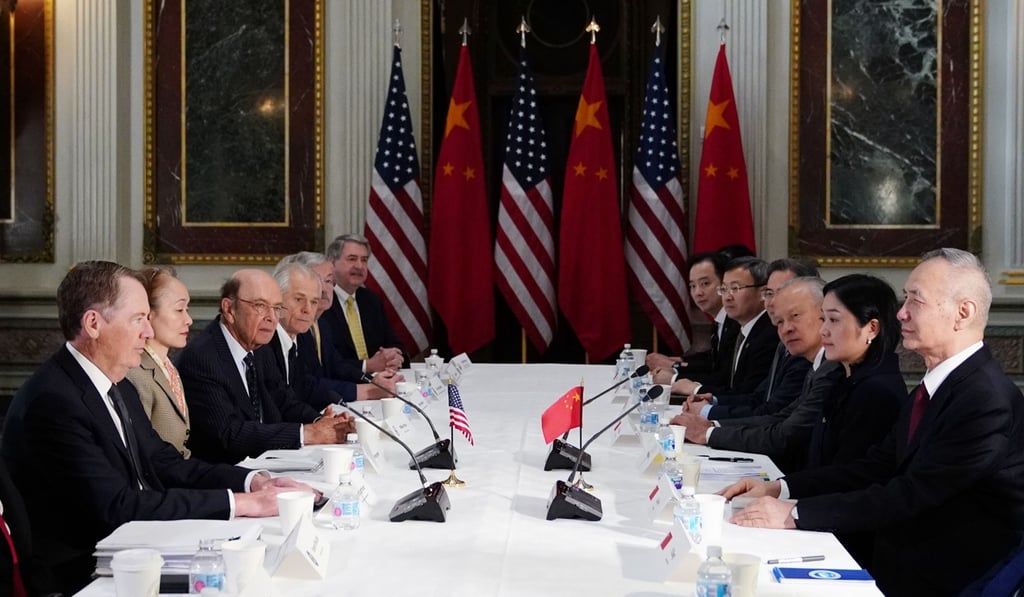Opinion | Debate between Fox’s Trish Regan and CGTN’s Liu Xin revealed China’s defiance on intellectual property
- In her comments on US accusations of Chinese intellectual property infringements and the state sector, the CGTN anchor echoed the more defensive stance China has been taking on these issues

In Regan’s opening statement, she referred to Liu as a member of the Chinese Communist Party, a characterisation that Liu immediately disputed. Although they talked past each other during this exchange, that looked more like a function of delays in satellite transmission than fighting over the microphone.
But two hours after the conclusion of the programme, the top trending hashtag on Weibo, one of China’s biggest social media platforms, was, “Liu Xin was interrupted by Trish at least three times in 30 seconds”, with related posts generating 11 billion views and 15,000 comments.
While Regan took this to be an admission of China’s IP infringements, it is equally important to listen to Liu’s qualification: “I think that’s a common practice probably in every part of the world and there are companies in the United States who sue each other all the time over infringement on IP rights, and you can’t say simply because these cases are happening that America is stealing or China is stealing or the Chinese people are stealing.”

